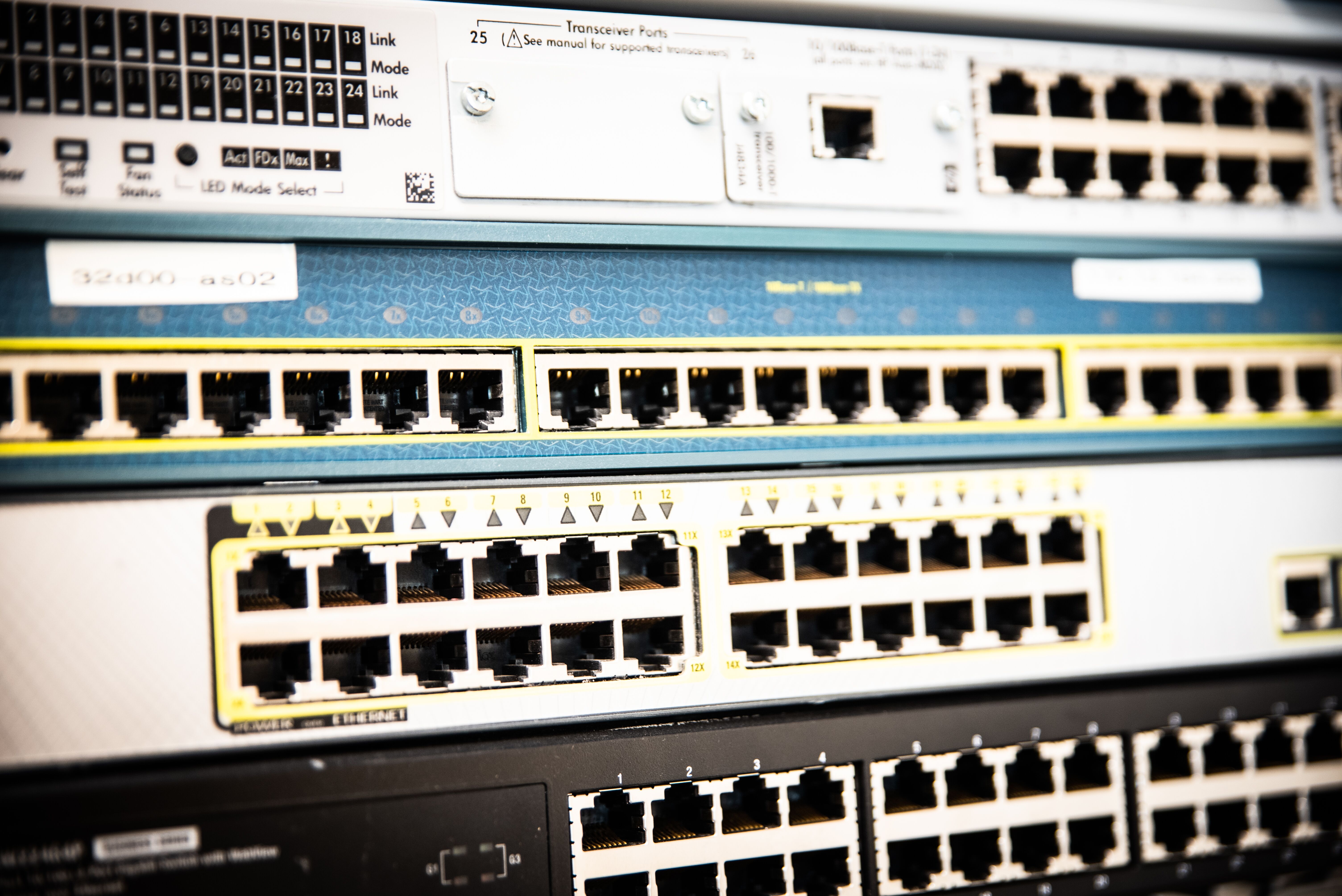There is no doubt that the IT universe is becoming a more dangerous place. Ransomware, malware, hacking, security breaches, identify theft – these topics dominate the news and have become a part of our reality.
As the majority of small to medium sized businesses have moved their day-to-day operations completely online, these firms must consider the very real threats which face them constantly. Does it make sense for a small business to outsource network security for better protection?
The Need for Network Security
This blog has previously discussed the growing threats against all business, but in particular the vulnerability of small to medium sized organizations. These companies are often prone to thinking that because they are small, they would not be considered a target. However, as large organizations continue to lock down their network security behind the latest security innovations, cyber criminals are increasingly targeting small business for their personal information and customer data. Small business generally has less emphasis on security, and thus are a quick and easy target. From breaking through easy passwords, to infecting a network through a malicious email link, these crimes are growing in frequency, with over 60% of small businesses reporting that they have been cyber attacked in some way.
So the question is not “do we need network security?” The answer to that is a resounding yes.
The question is “how should we be approaching network security?”
Should You Outsource Network Security?
There are three basic ways to confront the need for network security – handle it in-house, hire a managed services firm to help you to create an in-house solution, or outsource it.
Did You Know? A recent CIO survey said 56% of companies have hired consultants to help them with network security, and 40% reported outsourcing to a managed services firm.
Whether you hire a consultant or choose to handle the issue in house, there are several basics which you will want to put into place.
1. Install a robust anti-virus software.
2. Put a business grade firewall in place.
3. Establish and train personnel on security protocols, such as how to spot phishing, scams, and malware.
4. Establish company-wide standards for passwords, backup schedules, and procedures for working on remote mobile devices.
5. Establish physical controls such as pass-card entry for designated employees and staff.
6. Always install latest software updates and security patches.
Generally speaking, the main problem some companies have with keeping network security procedures in-house is a lack of manpower. IT staffs are often overrun with putting out day-to-day fires, and may not be paying attention to the latest threats, software updates, or a specific employee’s lack of care.
Benefits of Outsourcing your Network Security
The main benefit of outsourcing your security is peace of mind. A managed services firm has the deep bench of talent, the monitoring software, the knowledge of new and emerging threats, and the capability to stay on top of necessary software updates. In other words, they are the dream IT staff you wish you could hire in house – but you don’t have the IT budget to pull it off.
Outsourcing allows your IT team to handle day to day operations and issues, without having to worry about unexpected (and possibly catastrophic) attacks from outside. A team of network professionals who is solely dedicated to staying on top of security issues and threats is a luxury many small businesses cannot afford – but can have access to through outsourcing. The cost savings are also often surprising – for instance, outsourcing allows you to take advantage of economies of scale. You don’t have to spend money to reinvent the wheel, but can trust those who already understand your needs and vulnerabilities.
Start protecting your company today – call Alliance IT to schedule a technology needs assessment, and let us evaluate your operation. We’d be happy to help you to identify areas where you can consolidate, save money, and better protect your clients, data, and business.

